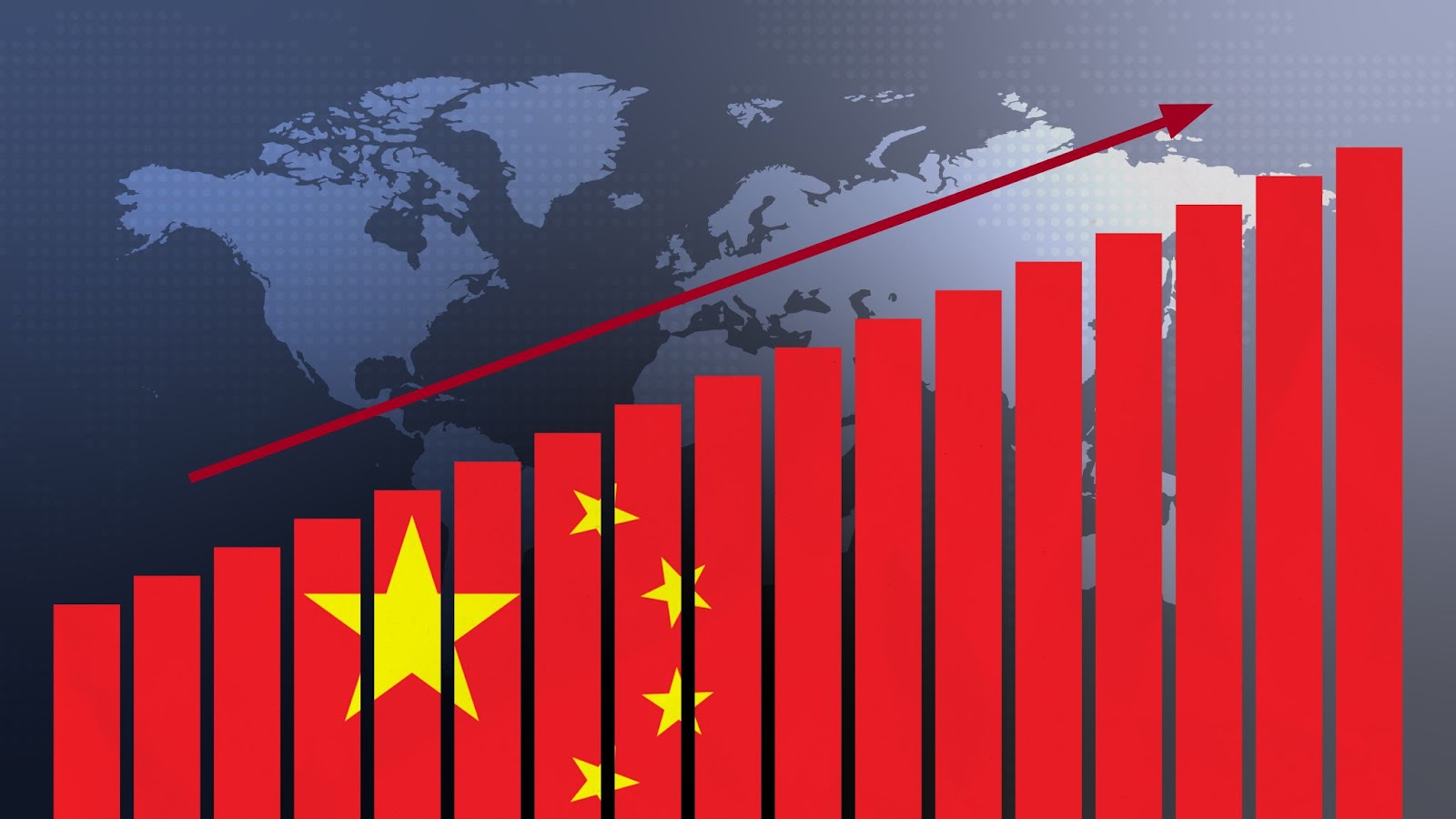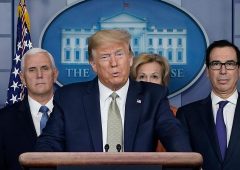China Unveils Biggest Stimulus Since Pandemic – Will It Be Enough to Revive Growth?
25.09.2024 14:00 2 min. read Alexander Zdravkov
China’s central bank has rolled out its most substantial stimulus since the pandemic, aimed at reinvigorating the country’s sluggish economy and steering it back toward the government’s growth target.
However, analysts caution that without additional fiscal measures, these efforts may fall short of overcoming the deep-rooted economic challenges, including deflationary pressures and structural weaknesses.
The People’s Bank of China (PBOC) announced a broad set of actions, including significant interest rate cuts and increased funding to inject more liquidity into the financial system. The move follows a series of lackluster economic indicators that have heightened concerns about a prolonged downturn.
While the PBOC’s interventions have boosted market sentiment—leading to gains in Chinese stocks, bonds, and the yuan—many experts believe the stimulus alone may not be sufficient to reverse the downward trend. Julian Evans-Pritchard of Capital Economics emphasized that, although this is the most substantial package since early 2020, further fiscal support will be necessary to meet the country’s 5% growth target for the year.
Key components of the PBOC’s strategy include a 50 basis point reduction in banks’ reserve requirement ratios, freeing up approximately 1 trillion yuan ($142 billion) for lending. Additionally, the central bank cut its seven-day reverse repo rate by 0.2 points and signaled the potential for further reductions later this year.
While these steps aim to alleviate borrowing costs and stimulate business and consumer demand, economists warn that more aggressive fiscal policy, such as increased government spending, may be required to overcome broader economic hurdles. Major financial institutions like Goldman Sachs and UBS have already downgraded their 2024 growth projections for China, citing structural imbalances and rising uncertainty.
-
1
Key U.S. Economic Events to Watch Next Week
06.07.2025 19:00 2 min. read -
2
Gold Beats U.S. Stock Market Over 25 Years, Even With Dividends Included
13.07.2025 15:00 1 min. read -
3
U.S. Announces Sweeping New Tariffs on 30+ Countries
12.07.2025 16:30 2 min. read -
4
US Inflation Heats Up in June, Fueling Uncertainty Around Fed Cuts
15.07.2025 16:15 2 min. read -
5
U.S. National Debt Surge Could Trigger a Major Crisis, Says Ray Dalio
26.06.2025 10:00 1 min. read
US Inflation Heats Up in June, Fueling Uncertainty Around Fed Cuts
U.S. inflation accelerated in June, dealing a potential setback to expectations of imminent Federal Reserve rate cuts.
Gold Beats U.S. Stock Market Over 25 Years, Even With Dividends Included
In a surprising long-term performance shift, gold has officially outpaced the U.S. stock market over the past 25 years—dividends included.
U.S. Announces Sweeping New Tariffs on 30+ Countries
The United States has rolled out a broad set of new import tariffs this week, targeting over 30 countries and economic blocs in a sharp escalation of its trade protection measures, according to list from WatcherGuru.
Key U.S. Economic Events to Watch Next Week
After a week of record-setting gains in U.S. markets, investors are shifting focus to a quieter yet crucial stretch of macroeconomic developments.
-
1
Key U.S. Economic Events to Watch Next Week
06.07.2025 19:00 2 min. read -
2
Gold Beats U.S. Stock Market Over 25 Years, Even With Dividends Included
13.07.2025 15:00 1 min. read -
3
U.S. Announces Sweeping New Tariffs on 30+ Countries
12.07.2025 16:30 2 min. read -
4
US Inflation Heats Up in June, Fueling Uncertainty Around Fed Cuts
15.07.2025 16:15 2 min. read -
5
U.S. National Debt Surge Could Trigger a Major Crisis, Says Ray Dalio
26.06.2025 10:00 1 min. read


